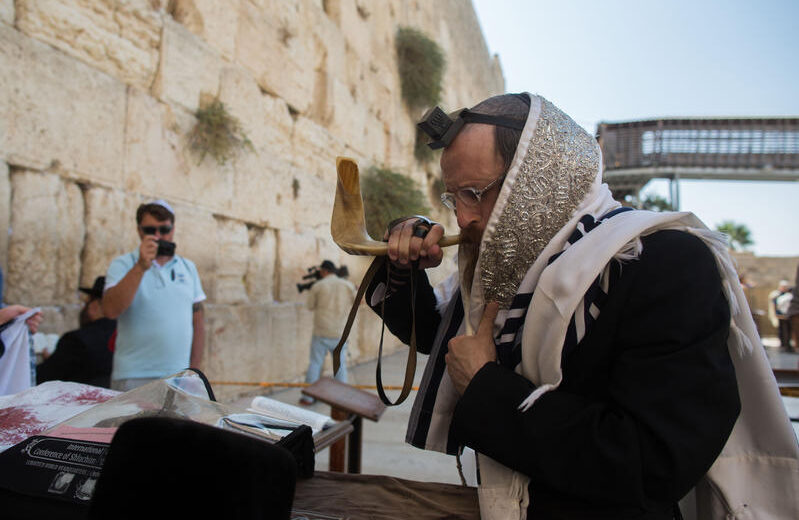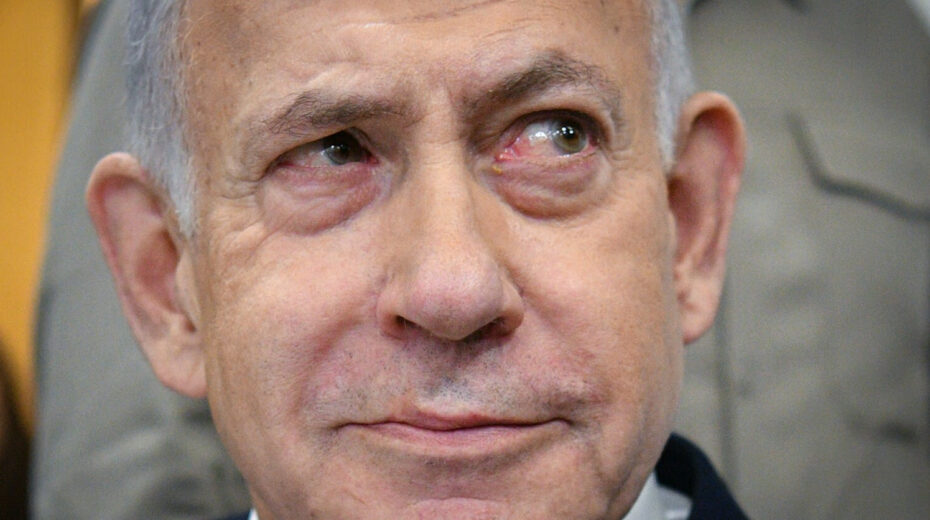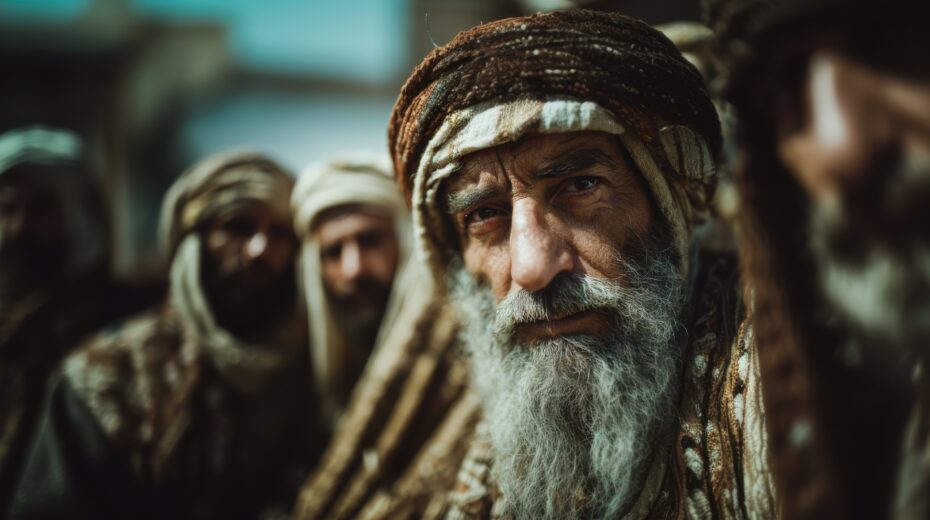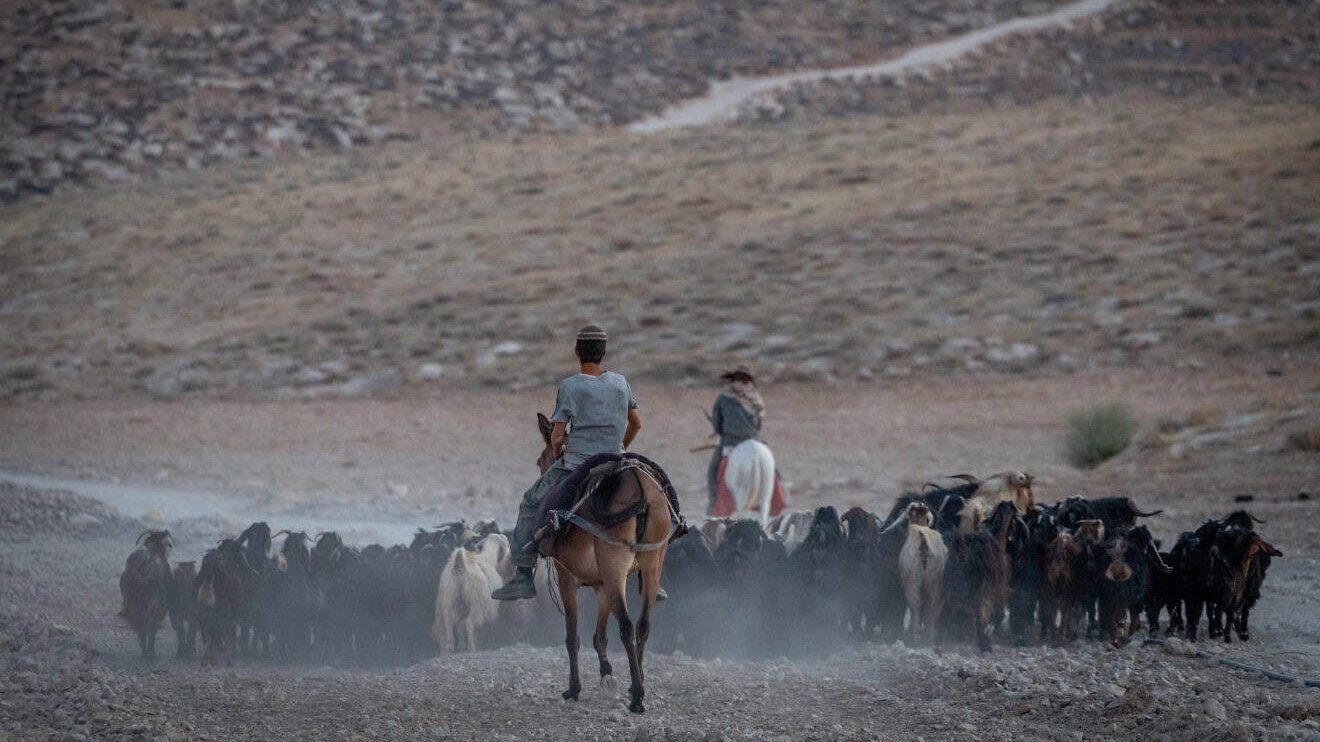The situation is unbearable.
But wait a minute. Let’s step back from this desperate time of captivity and agonizing showdown between Israel and our attackers, to seek a longer perspective on kingdom showdowns. Finding precedents in our history can re-energize hope even in the midst of our yearning for divine intervention and victory right here in 2024.
Exodus records the first “kingdom” showdown, a duel of wits and power. The God of Israel sent his “ambassadors” Moses and Aaron to the greatest emperor of the day, Pharaoh. They faced off over the lordship of the Hebrews. Who would this slave people belong to? The titanic struggle in ancient Egypt that led to our exodus from slavery gives us faith today, seeing how that in-breaking of God’s Kingdom destroyed the enemy.
There are only about two dozen direct references in the entire Hebrew scriptures to God’s kingdom and God as king. In comparison, the first three books of the New Testament have over 100. But it is certainly there in both sides of the Book. Establishing God’s kingdom on earth so permeates Biblical faith that it’s hard to get a handle on it – like grabbing a fistful of the air that surrounds you. How can we lay hold of it for today’s struggle?
The longing for a king
Humans easily adulate human “royalty,” whether a dominant athlete like “King (Lebron) James,” or Queen Elizabeth, or the “Queen of Mizrachi Music” in Israel – Sarit Hadad. I remember being shocked at the worshipping-throbbing buildup of humming anticipation just before singer Shlomo Artzi appeared on a concert stage at Haifa University. Fans go wild when they see their pop idols; whereas the Israelites tired of not being able to see their divine King, and demanded that Samuel help them find a human king. God’s response? “…they have rejected me, from ruling over them” (I Samuel 8:7). Only David and a handful of the Judean kings were able to reign while truly submitted to The King over them.
Famous Jewish prayers written through the idolatry, judgment, disappointments, and the subsequent suffering of anguished centuries since then, point the way back toward desiring God as our king:
Take for example, Adon Olam – Lord of the World, that soaring anthem of praise and Hebrew rhyming from the Middle Ages:
“Lord of the World, the King Supreme
“Who reigned before Creation came to be…
“And after all has come to pass,
“He still shall reign alone, in dread splendor.”
And the mesmerizing crescendo of the Hasidic prayer song Malchutcha – Your Kingdom, from Psalm 145:13.
“Your kingdom, is a kingdom of all times,
“and your rule, is in each and every generation.”
And the “Kaddish” prayer recited at funerals and in daily prayer:
“…May He establish His kingdom
“in your lifetime and in your days,
“and in the lifetime of all the house of Israel,
“swiftly and soon – and say: Amen.”
Daniel and the spectacle of empires
The prophet Daniel was born of Judean nobility, four centuries into the Davidic dynasty. As a boy he saw the Babylonian Empire traumatically conquer the Davidic kingdom (a seed form of God’s Kingdom – I Chr. 28:5)!
As an adult he foresaw how God’s Kingdom would “strike back” to gradually, and then all of a sudden, conquer every earthly empire.
“But throughout the history of these kingdoms, the God of heaven will be building a kingdom that will never be destroyed…” (Daniel 2:44 msg).
As a young exile in Babylon, Daniel was catapulted into the royal council of wise men, and given great honor by the Babylonian emperor Nebuchadnezzar. Then he found himself in another form of kingdom showdown. Daniel as God’s ambassador stood before Nebuchadnezzar, the most powerful man on earth—who proclaimed his own majesty (Daniel 4:30). The emperor was humbled before God and Daniel several times, until he admitted, most uncharacteristically for a tyrant: “HIS dominion is an eternal dominion; HIS kingdom endures from generation to generation.” (Can you imagine influential jihadist enemies so repenting before the God of Israel?)
Kingdom enigma
Fast forwarding to the first century, the rabbi from Nazareth had an extremely personal connection with Daniel’s prophecies of The Kingdom; He told parables to help Israel grapple with “How can the Kingdom be ‘already’ but not yet!?” Current Israeli singers also grapple. Ishay Ribbo asks about a painful unseen/seen kingdom tension in his song Keter Melucha – A Royal Crown:
“I want to live in You and not to live alone…
“What do you want us to learn from this?
“And how can we unite in this separation,
“UNTIL we give You a royal crown,
“a royal crown!?”
At this increasingly climactic and volatile juncture of history, with all its question marks, what aspects of the Kingdom do you grasp for?
- The growing, invisible power spreading like yeast through dough, like electricity through the wires in your home?
- The inner life of righteousness, peace and joy?
- Faithful anticipation as before a wedding?
- Suddenly finding buried royal treasure in a field then selling everything to buy the field and gain the treasure?
- The Messiah king of Psalm 2 reigning over an eternal, global empire from Jerusalem?
- The boulder of Daniel 2, rolling down through the ages to strike and crush earthly empires into dust?












According to the Holy Bible there will be the Kingdom of heaven for the remnant of the Jewish people, on this earth after the great tribulation. At the second advent the Lord Jesus Christ will fight for them and after the battle of Armageddon He will restore the Jews to His/their land. His chosen people to the place where He has put His name there. In Jerusalem. Amen
Daniel as God’s ambassador stood before Nebuchadnezzar, the most powerful man on earth—who proclaimed his own majesty (Daniel 4:30). The emperor was humbled before God and Daniel several times, until he admitted, most uncharacteristically for a tyrant: “HIS dominion is an eternal dominion; HIS kingdom endures from generation to generation.” (Can you imagine influential jihadist enemies so repenting before the God of Israel?)
Yes! I can, and you can read all about it in Ezekiel 38 and 39. Ezekiel 40 starts talking about how Israel will build the third temple, the Jews will have to clean the rubble left by the invading jihadists as they will destroy the buildings themselves. The temple mount will be returned to the original owners at last, all but one sixth of the invaders will also be destroyed. Those of the sixth part will go home and truthfully tell by whom they were destroyed by, can you imagine the worship the God of Israel will receive?